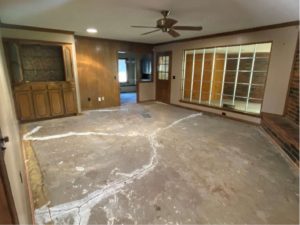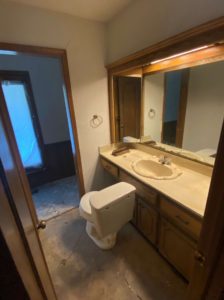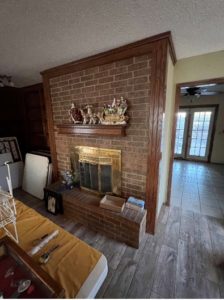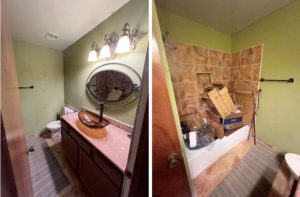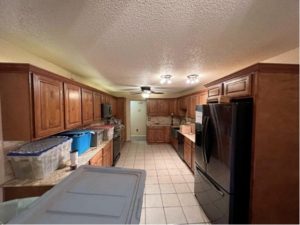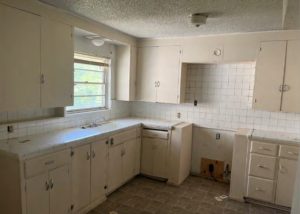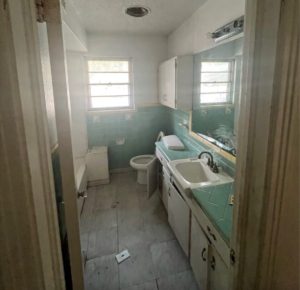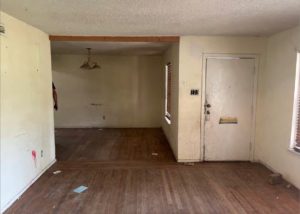What Is Gap Funding? (What to Do When Your Main Loan Leaves Gaps)
What is gap funding? Let’s go over 4 types of small loans: bridge, reserves, rehab, and usage.
The gaps lenders leave on real estate projects are getting bigger.
They’re asking you to put more money in. Leave bigger reserves. Have better credit scores.
We see this daily as we help clients with small loans. Let’s go over some of these small loans that we call gap funding:
- Bridge loans
- Reserves
- Rehab costs
- Usage loans
Bridge Loan Gap Funding
Bridge loans: if you have a project that’s either on the market or going on the market, but you need to get into your next project. You have to keep making money, but your capital is tied until that first property sells.
These bridge loans are usually between $10,000 and $75,000, used for a down payment on your next project.
How it works: you put a lien on both properties, then when the first one sells, you pay off the bridge loan. This can keep you going from flip to flip with no pause in projects.
Reserves
Another spot in the real estate investing process for gap funding is reserves. Banks are requiring more money in reserves to cover any unknown expenses or payments.
We just did two loans to help with reserves.
One was for a flip. Someone needed to borrow money. They had a property on the market. They’re buying their next one, but the lender that was funding their new deal required six months of reserves. We did put a second mortgage, on the property. When it sells, we’ll get paid off, and they’ll be onto their next deal.
The second was an investor who needed reserves for a long-term loan. He was refinancing his investment property, but he was short on reserves. We were able to use another property in his portfolio to do a loan. Once the cash-out refinance is done, he’ll pay us back.
Funding Gap in Rehab Budget
Maybe your primary loan didn’t cover as much of the fix-up process as you ended up needing. This is another instance where gap funding comes in handy.
We also had another unique situation with a client recently. The borrower got the money in their escrow account when they set up the loan… but the lender would not release any escrow funds until he did at least a quarter to a half of the project. Yet he couldn’t start the project because he needed the funds from the escrow.
We stepped into this chicken-and-the-egg situation and helped him with a lien on another property to give him the funding he needed to kick off the project. When his other lender released the escrow, he was able to pay us back.
Usage Loans
Sometimes the requirement from banks that kills investors is the credit score limits. For many investors, this means their credit usage is too high – since they use lines of credit for their real estate projects.
We had a client out of Michigan who was trying to get a DSCR loan. He bought a property, fixed it up, and was going to do a DSCR refinance to get all his cash back.
But he used all personal credit cards for the project. This tanked his credit score. So when he applied for the DSCR loan, he was at an almost 10% interest rate with 3 points.
To help him, we did a quick usage loan to pay off those credit cards and let his credit score go back up. Then he can get into a long-term loan at a good rate with fewer fees.
Other Small Loans for Gap Funding
We’re able to help people in any of these circumstances who need a small gap funding loan.
In fact, in any situation where you need a loan and have a good property to put a lien on, we may be able to help you.
If you have any questions on this or other loans, reach out to Info@HardMoneyMike.com.
Happy Investing.





